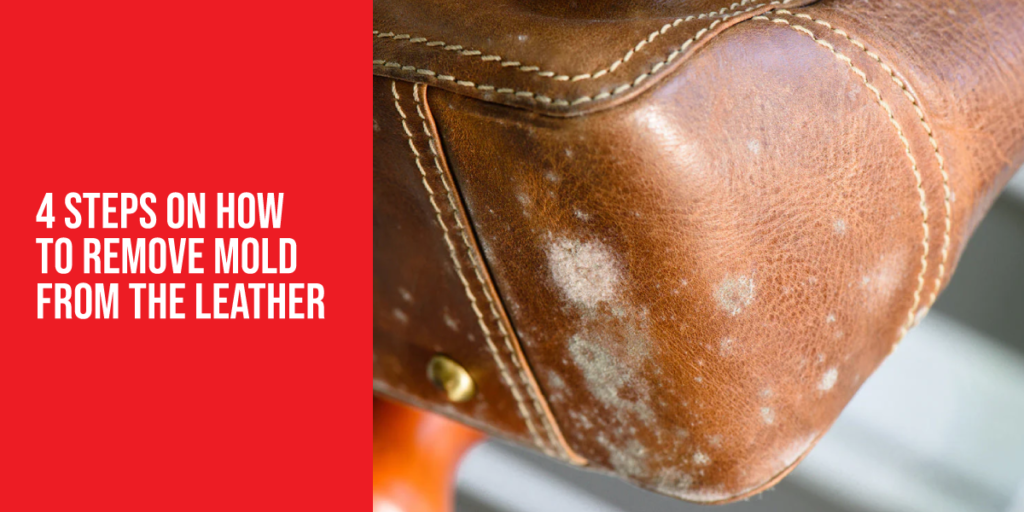|
If you see mold on leather, take it outside first so it doesn’t spread in your home. Then, gently wipe off any loose mold, then clean it using one of these methods: alcohol and water, white vinegar mix, or mild soapy water. After cleaning, let it dry naturally and use leather conditioner to keep it soft. Don’t use heat, and if the mold is deep or keeps coming back, it’s better to call a pro. |
Hey, has this happened to you? You pull out your leather jacket or bag, and suddenly you see weird white or black spots all over it. Or maybe it’s your shoes or sofa that’s been sitting in a dark place for too long. Yup, that’s mold. And it shows up when leather doesn’t get fresh air or stays in a damp space.
So, how to remove mold from leather? Here’s the brief for you: To remove mold from the leather, you have to wipe it off using alcohol, vinegar, or gentle soap, then dry it well and condition it. But here’s the thing. Not all mold is the same.
Some need a simple clean-up, and some might need expert help. Stay with us, and we’ll show you the easiest and safest ways of how to treat mold on leather and stop it from coming back.
What is Mold on Leather?

Mold is a type of fungus that grows in places where it’s dark, damp, and doesn’t get much fresh air. Leather is a natural material and absorbs moisture. That’s why leather items are at risk when stored in closets, basements, or unused boxes.
There are two common types of mold you might see on leather:
| Type of Mold | What It Looks Like | Common Places Found |
| White Mold | Powdery or dusty white spots | Leather shoes, belts, stored jackets |
| Black Mold | Dark greenish-black patches | Inside leather bags, old sofas |
Both are bad for leather, and they can even affect your health if ignored.
Not all mold looks the same. So, learn the difference between white mold and black mold so you know what you’re dealing with.
Signs You Have Mold on Leather
Here are simple signs to spot mold:
- White or black fuzzy spots on the surface
- Musty, damp smell
- Leather feels sticky or damp
- You haven’t used the item in a while.
Things You’ll Need Regarding How to Clean Mold From the Leather
Before you start learning how to clean mold off the leather, gather these:
| Item | Why You Need It |
| Soft cloth or sponge | For wiping and cleaning |
| Rubbing alcohol (isopropyl) | Kills mold spores |
| White vinegar | Natural mold remover |
| Mild soap or leather cleaner | Cleans dirt without harming leather |
| Water | To mix with other solutions |
| Leather conditioner | Keeps leather soft and protected after |
| Gloves and mask | Protects your hands and lungs |
Step-by-Step Ways of How to Remove Mold From the Leather
Let’s show you in detail how to get mold off the leather properly.
Step 1: Take the Leather Outside
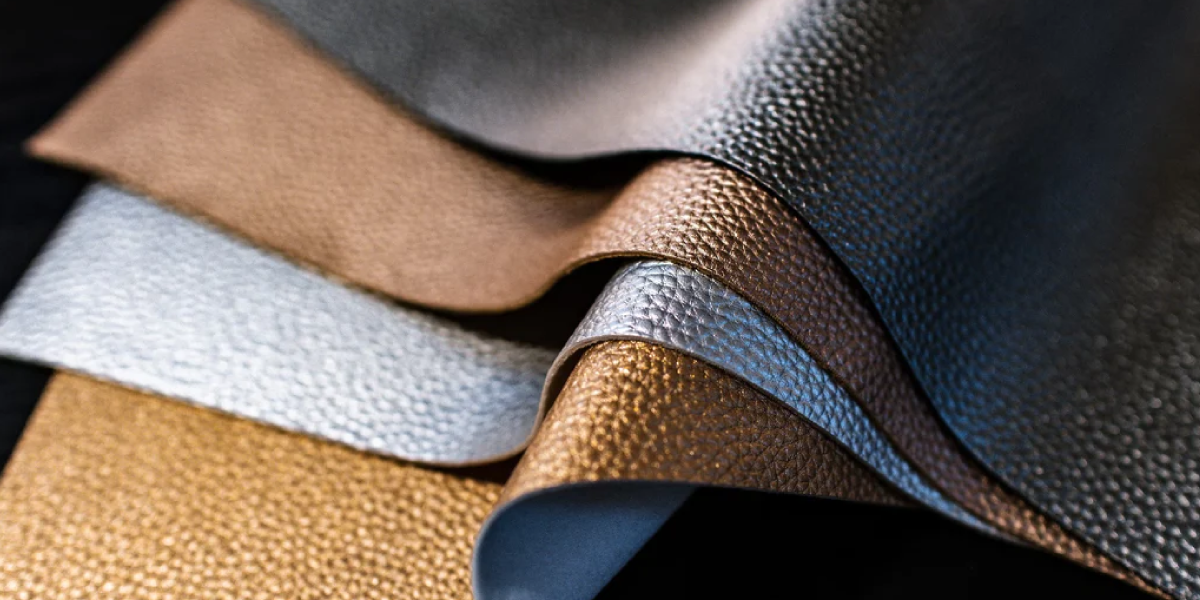
First, if you can, take the leather item outside before doing anything else. This is important because mold gives off tiny particles, which are called spores, that can float in the air.
If you clean it inside your home, these spores might spread to other furniture, walls, or even get into the air you breathe. Taking the leather outside helps keep your home mold-free and gives you fresh air to work in.
Step 2: Wipe Off Loose Mold
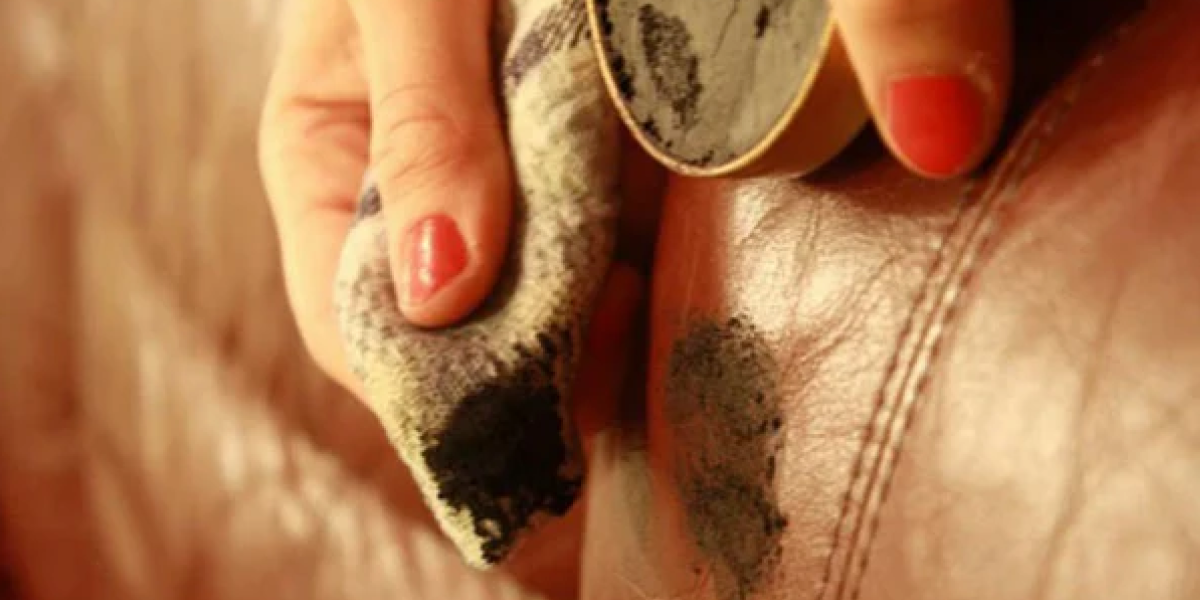
Next, grab a soft, dry cloth and gently wipe the leather surface. You’ll probably see white powdery spots or black patches, and your goal is to remove as much of this loose mold as possible before using any cleaner.
Don’t rub too hard, because scrubbing can damage the surface or remove the leather’s natural shine. Just gently wipe to get rid of what’s sitting on top.
Step 3: Choose a Cleaning Method
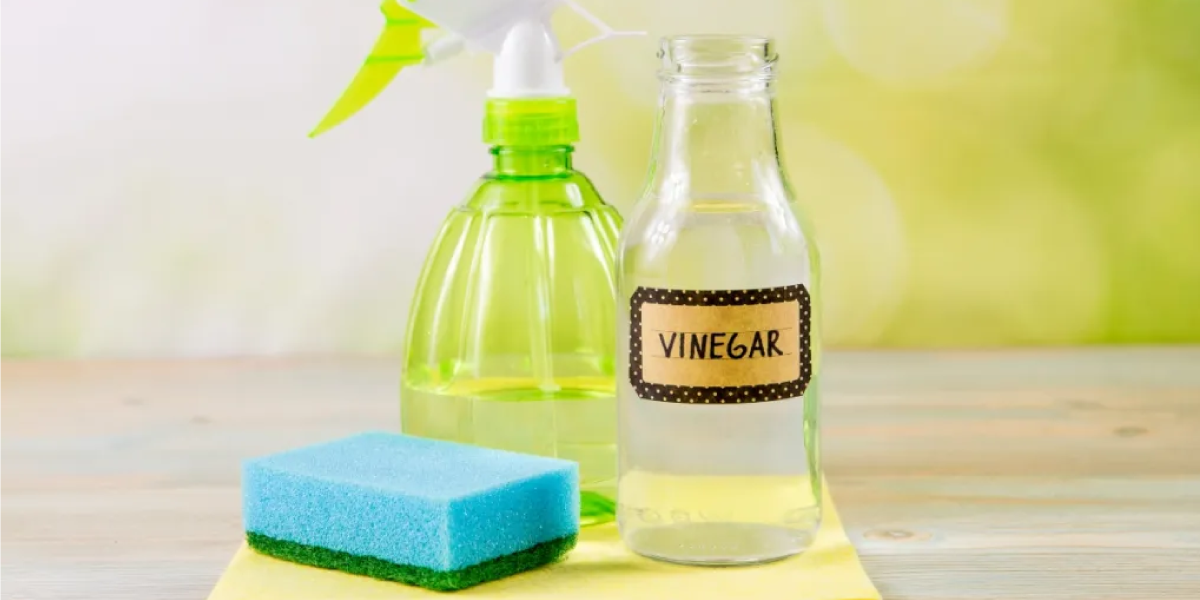
Now that the loose mold is gone, it’s time to clean the leather properly. There are three safe ways to do this. You don’t need fancy chemicals. Just use one of these simple home methods, depending on what you have and how bad the mold is.
Method 1: Alcohol and Water Solution
In a small bowl, first, mix equal parts rubbing alcohol and water. This means if you use one cup of alcohol, use one cup of water too. Dip a soft cloth into the above mix and squeeze out the extra liquid so it’s damp, not dripping.
Gently wipe the moldy areas with this cloth, going over every spot that looks affected. Alcohol helps kill the mold and clean the leather without harming it.
Once you’re done, leave the leather item outside or in a place with good airflow so it can dry completely on its own. This method works really well for white mold or mold that’s just starting to show.
Method 2: White Vinegar Method
Here’s how you can remove mold from the leather with vinegar.
First, mix white vinegar and water in equal amounts, just like the alcohol method. Vinegar is great at killing mold and also helps get rid of the musty smell that mold leaves behind.
Dip a clean cloth into the mixture, wring it out, and then gently wipe down all the moldy spots on the leather. Be sure to cover every area where mold might be hiding.
After wiping, leave the leather to dry naturally in fresh air. This method works well for both white mold and black mold, and it’s a good choice if the smell is strong.
Method 3: Mild Soap and Water
Take a small bowl of water and add a few drops of mild soap, like baby soap or hand soap. Stir it until you see some bubbles. Soak a soft cloth in the soapy water, squeeze out the extra water, and gently wipe the leather surface.
This method is helpful if the mold isn’t too deep and the leather just needs a general cleaning. After wiping, use a clean, dry cloth to remove any leftover soap and moisture.
Then let the leather dry in a well-ventilated area, away from direct heat or sunlight.
Step 4: After-Cleaning, Don’t Forget These!
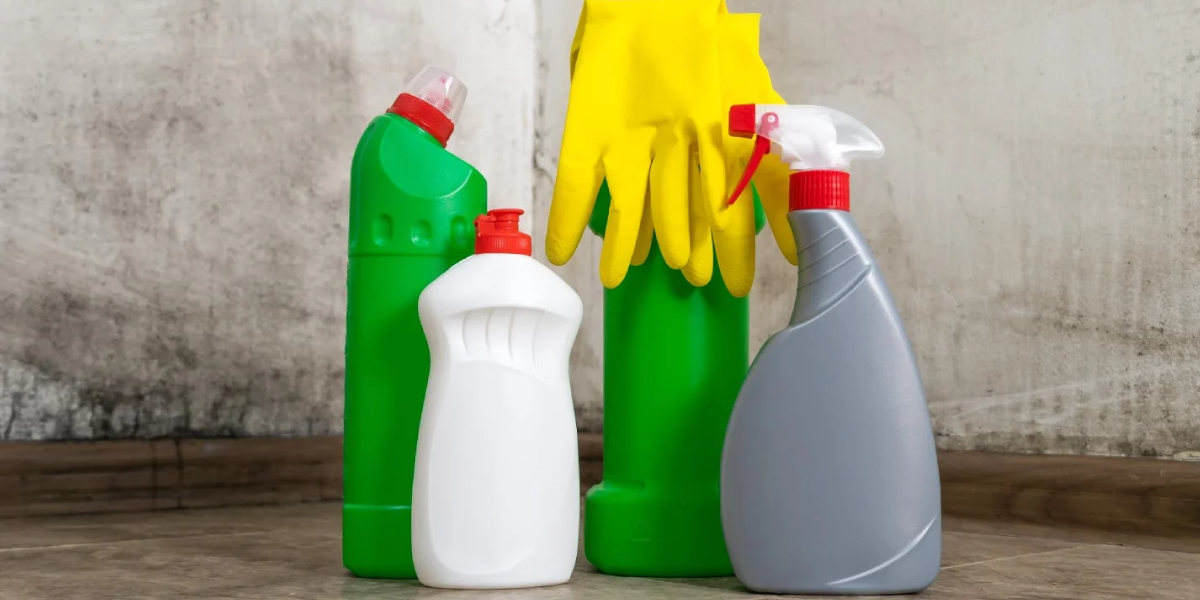
- Apply Leather Conditioner:
Once the leather has dried fully, the last step is to use a leather conditioner. Mold and cleaning can sometimes make leather dry or stiff, so conditioner helps restore its softness and keeps it from cracking.
Just apply a small amount using a clean cloth, rub it in gently, and let it soak in. This also protects the leather from future mold and keeps it looking fresh.
- Dry in Fresh Air:
When you’re done, always let the leather dry in the open air. Never use a hair dryer, heater, or place it under the sun directly because too much heat can damage the leather or make it shrink. A cool, shaded spot with good airflow is the best place to let it dry slowly and safely.
When Should You Call a Professional to Get Mold out of the Leather?
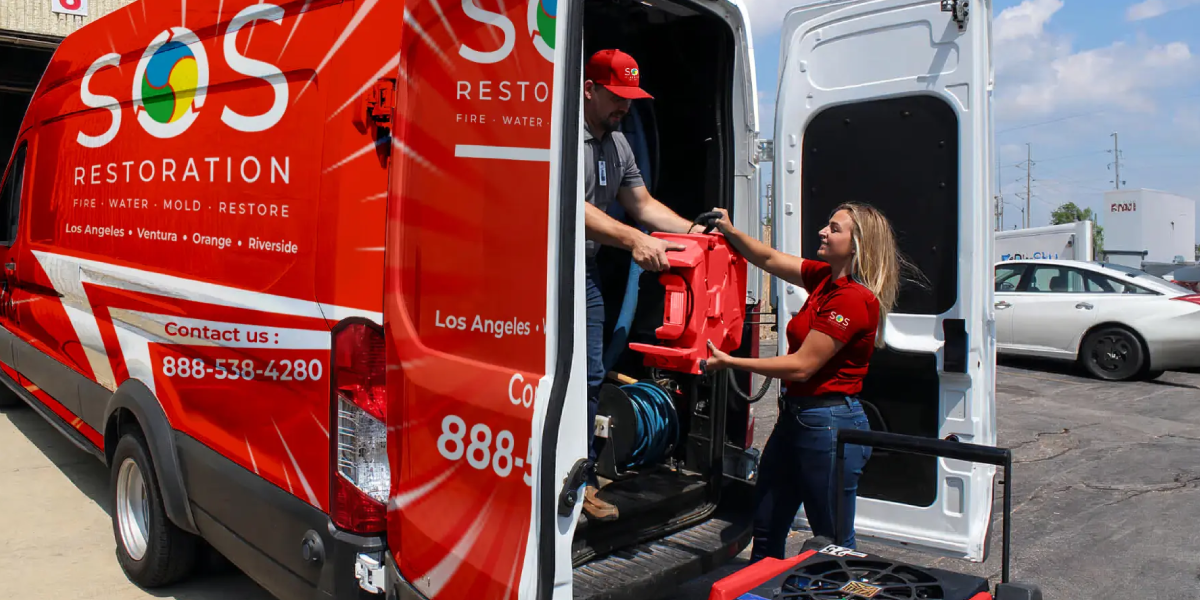
Sometimes it’s best not to do it yourself. You should ask for expert help if:
| Situation | Why You Need a Pro |
| The mold has spread deep inside | You can’t reach it without damaging the item |
| Expensive leather, like designer bags | Avoid the risk of ruining expensive leather |
| Black mold with a strong odor | Can be dangerous to your health |
| Mold keeps coming back again and again | May be a bigger moisture or storage problem |
At SOS Restoration, we’re here to help you anytime you face problems like mold, water damage, or fire damage in your home. We work 24/7 across Southern California and have a friendly, trained team that knows exactly what to do in an emergency.
If your home has mold or has been damaged by water or fire, we’ll come quickly, check everything, fix the issue, and even help with the insurance part. Our prices are fair, and we’re always honest with you from start to finish.
Call us now at 888-538-4280 for a free inspection or just to ask a question. We’re happy to help!
Prevention Tips: How to Keep Mold Away
If you want to keep mold away from your leather stuff, there are a few simple things you can do that really help.
First, always store your leather in dry places because mold loves moisture. You can also put those little silica gel packets in storage boxes since they soak up extra moisture.
Try using breathable cloth bags instead of plastic ones so air can move around and things don’t get damp. Every now and then, take your leather items out and air them out to keep them fresh and dry.
And don’t forget to clean and condition your leather every three to six months to stop dirt and moisture from building up. These small steps can make a big difference in keeping mold away.
Also, if your leather item got wet recently, it’s smart to check for mold after water damage so you can catch it early.
Wrapping Up: Don’t Panic, Just Clean Smart
That’s all about how to remove mold from the leather. Mold on leather is not the end of the world. If you act fast, you can save your favorite leather items and make them look fresh again. Use the method that fits your situation best, and if things get too tricky, it’s perfectly okay to call for professional help.
Keep your leather dry, clean, and well-conditioned, and mold won’t stand a chance.
FAQs
|

